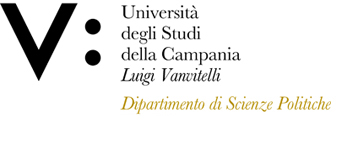SISTEMI GIURIDICI COMPARATI (Corso Integrato)
Italiano
| Lingua di insegnamento | Italiano |
| Contenuti | PARTE GENERALE (6 CFU) |
| Testi di riferimento | Ajani Gianmaria, Francavilla Domenico, Pasa Barbara, |
| Obiettivi formativi | Il corso intende: |
| Prerequisiti | Si consiglia di aver completato lo studio del diritto privato e del diritto pubblico. |
| Metodologie didattiche | Il corso è suddiviso in due moduli che si svolgeranno entrambi nel corso di un semestre didattico. Le attività didattiche sono così organizzate: |
| Metodi di valutazione | Ciascuno studente può optare per l’esame scritto ovvero l’esame orale prenotandosi ai corrispondenti appelli. In entrambi i casi vengono proposti quesiti attinenti a profili generali e specifici (vd. “Contenuti”). |
| Altre informazioni | La frequenza al corso non è obbligatoria. |
| Programma del corso | Il corso è diviso in due moduli |
English
| Teaching language | Italian |
| Contents | GENERAL PART (6 ECTS credits) |
| Textbook and course materials | Ajani Gianmaria, Francavilla Domenico, Pasa Barbara, |
| Course objectives | The course aims to: |
| Prerequisites | It is advisable to have completed the study of private law and public law. |
| Teaching methods | The course is divided into two modules, both taught during the same semester. Educational activities are organized as follows: |
| Evaluation methods | Each student can opt for the written exam or the oral exam by registering for the corresponding exam session. In both cases questions related to general and specialist course content are included (see Contents). |
| Other information | Course attendance is not mandatory. |
| Course Syllabus | The course is divided into two modules |








